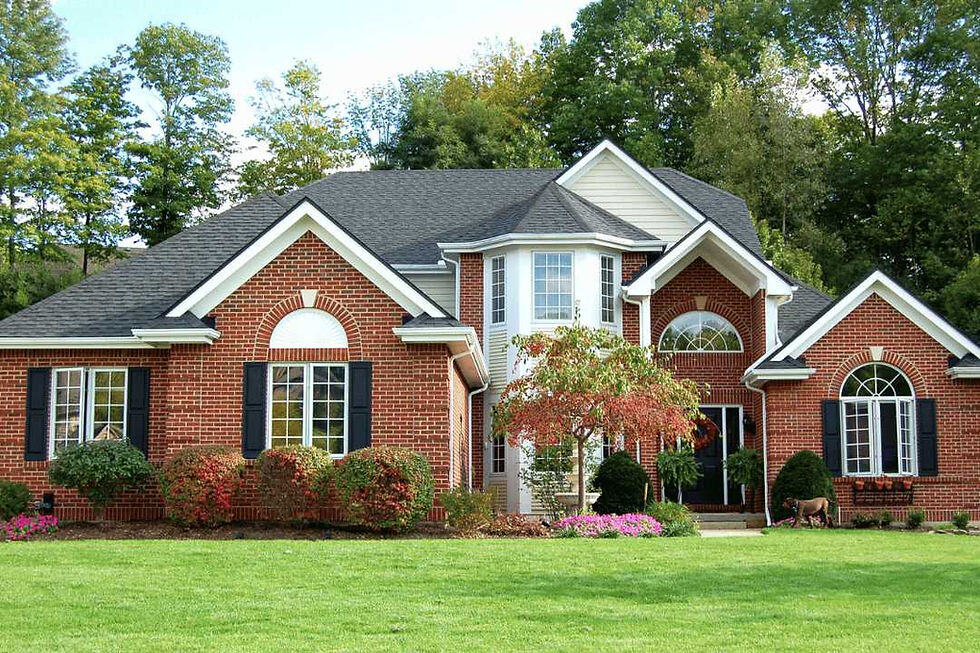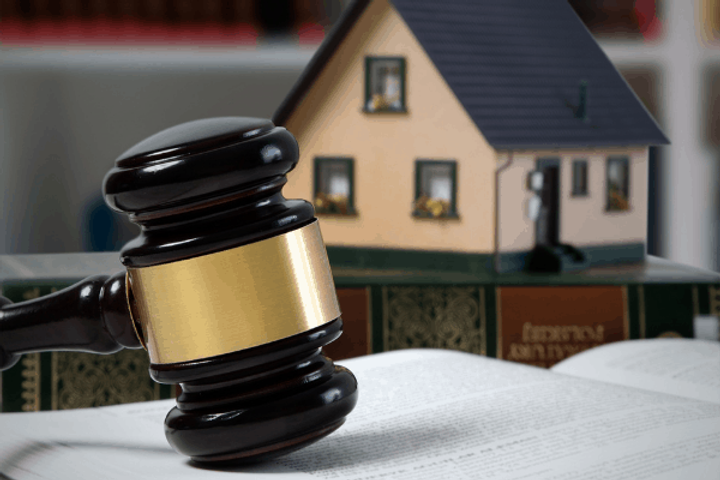Losing a loved one is painful enough, but navigating the legal process that follows can add confusion and stress. If the person who passed away owned real estate, one of the biggest questions their family faces is: What happens to the house during probate?
This article will walk you through how Nevada probate laws affect the transfer or sale of real property, and what steps you can expect if you’re a surviving spouse, heir or personal representative.
What Is Probate and How Does It Affect Real Property?
Probate is the legal process used to settle a deceased person’s estate. This includes:
- Proving the validity of a will (if one exists)
- Appointing a personal representative (also called an executor)
- Appraising assets like real property
- Paying any debts, taxes and final expenses
- Distributing remaining assets to heirs or beneficiaries
In Nevada, the probate process often includes the home or other real estate, since these are typically titled assets that cannot be passed on informally.
Who Owns the House During Probate?
Until probate is complete, the estate technically owns the home. The personal representative manages the property on behalf of the estate and is responsible for securing, maintaining, and possibly selling it – all with oversight from the probate court.
Can the House Be Sold During Probate?
Yes, in many probate cases, the house is sold in order to:
- Pay off debts or taxes
- Divide proceeds among multiple heirs
- Simplify estate administration
However, court approval is usually required for any sale of real property during probate. The court must confirm that the home is being sold at or near fair market value and that the transaction is in the estate’s best interest.
When Is the House Transferred to Heirs?
If the home is not sold, it will typically be transferred to heirs once:
- All debts and taxes have been paid
- The probate process is finalized
- The terms of the will (or Nevada’s intestacy laws if there is no will) are followed
For example, if the deceased died testate (with a valid will), the house will go to the named beneficiary. If they died intestate, the court will follow state laws to determine who inherits – typically starting with a surviving spouse, followed by children.
How Long Does Probate Take in Nevada?
The timeline depends on the size and complexity of the estate. For smaller estates, summary administration may apply. Summary administration is a faster version of probate available for estates valued under $300,000. This process can take as little as 30 days, while larger or contested estates may take several months or longer.
Can You Live in a House During Probate?
In some cases, yes. A surviving spouse or family member may be allowed to live in the home during probate, but the specifics depend on the will, mortgage status and agreement among heirs. The personal representative should ensure the property is maintained and insured during this period.
Common Assets Involved in Probate Besides the Home
While real property is often the biggest asset, other items that may be subject to probate include:
- Personal property (jewelry, vehicles, collectibles)
- Bank accounts without named beneficiaries
- Unclaimed life insurance policies
- Investment accounts
- Business interests
Planning ahead with estate planning tools like trusts or Transfer-on-Death (TOD) deeds can help some of these assets avoid probate entirely.
Key Takeaways: What Happens to a House During Probate?
- The house remains part of the estate until probate is completed.
- It may be sold, with court approval, to settle debts or simplify distribution.
- If not sold, it transfers to heirs under the terms of the will or Nevada state laws.
- Appraisals, debt settlement and taxes must be addressed before final transfer.
- Personal representatives play a key role in managing and distributing assets, including real property.
Avoiding Probate Challenges: Plan Ahead
Probate can be avoided or simplified with proper planning. Using tools like revocable living trusts, joint ownership with rights of survivorship, and estate planning guided by a knowledgeable Nevada attorney can help families:
- Avoid costly delays
- Prevent disputes
- Protect privacy
- Ensure smoother asset transfers
Have Questions About a House in Probate?
Ocampo Wiseman Law offers compassionate, clear, and locally grounded legal guidance for families navigating probate in Las Vegas. Whether you’re a personal representative, heir or someone unsure where to begin, we’re here to help.






